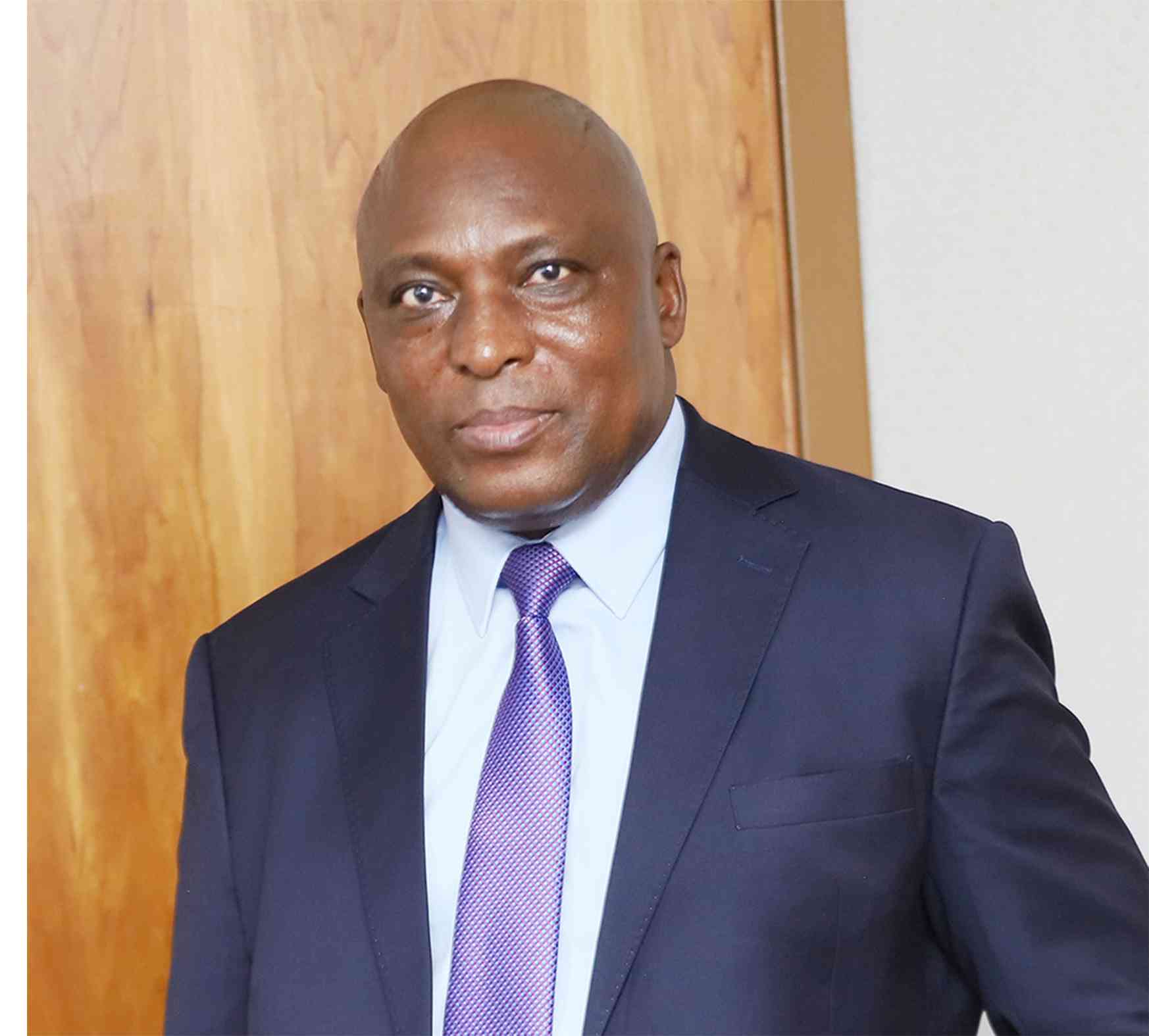
Brian Makwara THEY say institutional knowledge is key to mentorship and defining and maintaining an organisational culture. However, if there is an over-supply of such knowledge, it crowds out new ideas.
The Great Attrition is currently in full swing and in my industry, accounting and finance, we are definitely feeling the pinch. The continued deterioration of our economic situation evident in loss of value of earnings has led to a growing institutional knowledge desert in the finance function. Furthermore, the cost of switching a job is considerably very low now.
Recruiters and finance directors will tell you that the risk of an email notice of resignation is lurking in their minds all the time. The advent of organisations, which offer remote overseas audit jobs for high salaries that the guys are not even paying PAYE on is very convincing to a typical young finance professional or chartered accountant.
On top of the high salaries payable in foreign currency, they offer flexible working conditions where one works from home full time that means no congestion, savings in transportation cost as some of the immediate benefits.
I had a brief chat with a medical doctor friend who recently left for Scotland. The medical field is on the verge of collapse from the loss of institutional knowledge. He shared a simple but critical statistic of the institutional knowledge we are losing in public hospitals.
For instance, Mpilo Hospital do not have a CT scan nether does it have an MRI scan, United Bulawayo Hospital does have a CT scan but no MRI, Parirenyatwa Hospital does have a CT scan but no MRI and most if not all other public hospitals in the country do not have either.
This means a typical doctor trained in our public hospitals needs to be exposed to this knowledge, the few doctors we have who had a chance to work in private hospitals and exposed to work with these modern scans do possess critical institutional knowledge that cannot be easily replicated. Even if we open a new medical school in Kadoma, which senior medical doctor will be there to pass this institutional knowledge. Okay, let me go back to the finance function which I know well.
When this is happening, institutional knowledge is being lost with each resignation. Imagine training someone, making sure they know the ins and outs of your organisation and being a senior finance employee, they handle key and sensitive information as they are the hub of all payments and inflows only for you to lose them within a short space of time, a knowledge desert beckons
- Chamisa under fire over US$120K donation
- Mavhunga puts DeMbare into Chibuku quarterfinals
- Pension funds bet on Cabora Bassa oilfields
- Councils defy govt fire tender directive
Keep Reading
These resignations are not happening at lower levels, but at managerial levels as we are talking about a qualified accountant who has minimum of three years post qualification experience either in a professional practice or public practice.
In worst scenarios, we see twin resignations, both the accountant and the finance manager/controller leaving employment one after the other and leaving the finance department orphaned.
One might argue that we do not need these chartered accountants, my response is there is a reason why the same chartered accountant from Zimbabwe walks into London and practises with no additional exam needed. Their technical prowess is unparalleled, powered by the competence program one needs to pass to attain membership which is not based on pure regurgitation of what one reads but proving professional competence.
I keenly followed up on the notices in the public press regarding publication of December 31, 2021, financial results and interim results for June 2022 year ends and it was apparent that the institutional deserts in finance departments are real and its effects are being felt in the market, something we never envisioned a couple of years ago.
One company mentioned finalisation of work on property, plant and equipment, another “conclusion of year end audit”, another “skills shortages and complexities” another “due to extensive work necessary to comply with International Accounting Standard 29”. The Zimbabwe Stock Exchange had to issue a circular to the market that it received “overwhelming requests” for extension of publication of results.
Institutional knowledge is the hub of the day-to-day functioning of a department, let alone the finance department. When I was finance manager at a local manufacturing company, I had local and foreign transporters who I was managing before I even talk about product suppliers.
At one time I counted that I had more than thirty main transporters and sixty others that my procurement department used on and off and as the key finance person all those transporters one way or the other ended up with my personal phone number and I had to manage them. Such institutional knowledge cannot be replicated overnight. Imagine all the payment arrangements that I had to agree and follow up with each of them. In a perfect world, the system should do those, but in a Zimbabwean world, you have to be hands on.
Most senior finance people handle payment arrangements, for instance the foreign exchange auction system, handling the relationship with your dealer at the bank, on top of that you have to be part of the negotiating team with the foreign supplier to provide assurance from a finance standpoint. These are but few examples of the institutional knowledge desert that is left when a senior finance professional leaves.
Audit firms who are seized with a key role in providing assurance to the financial information for all the stakeholders to a set of financial statements are sinking in respect to institutional knowledge. One can argue that we should hire more, but the question is from which pool are we able to dip in to get experienced audit seniors and managers? What we are seeing is big four firms fishing from the ponds of smaller firms and only for them to lose them to the foreign market.
What now? In the short term, as organisations, finance directors and HR practitioners, we have to ensure we have well documented process flows in the finance function. Secondly, working on a shared platform or folder means most of the information one is working on can be clearly accessed at any point in time by others meaning we do not have to look for what you were working on when you leave, thirdly every key member must have an understudy to assist in information asymmetry, all your emails must have the understudy in copy and the same for meetings such that when the person leaves, we have a starting point. These initiatives may assist in the short term to preserve institutional knowledge.
Many organisations lose lots of data when one leaves — all the business contacts were in his phone, all the workarounds were in his head and some even leave with the company laptop as well or they delete their information from the shared server leaving this institutional knowledge gap.
In Europe, once you send a resignation notice, the system is programmed to detect whenever you send data/attachments to unusual email addresses, and you are prohibited from the action.
I remember I could not even download items from the server during my notice period. It was frustrating but I did understand that it was all in efforts to protect institutional knowledge. I wish to see such practices deployed locally.
Lastly, compensation and benefits need to be relooked in the finance function which is a focus for this opinion piece; that is the ante. Currently it’s laughable that a junior consultant at these offshore firms is earning more than a very experienced finance manager.
Makwara is a chartered accountant with both local and international experience and currently is working as the Group Financial manager of a local listed entity.











